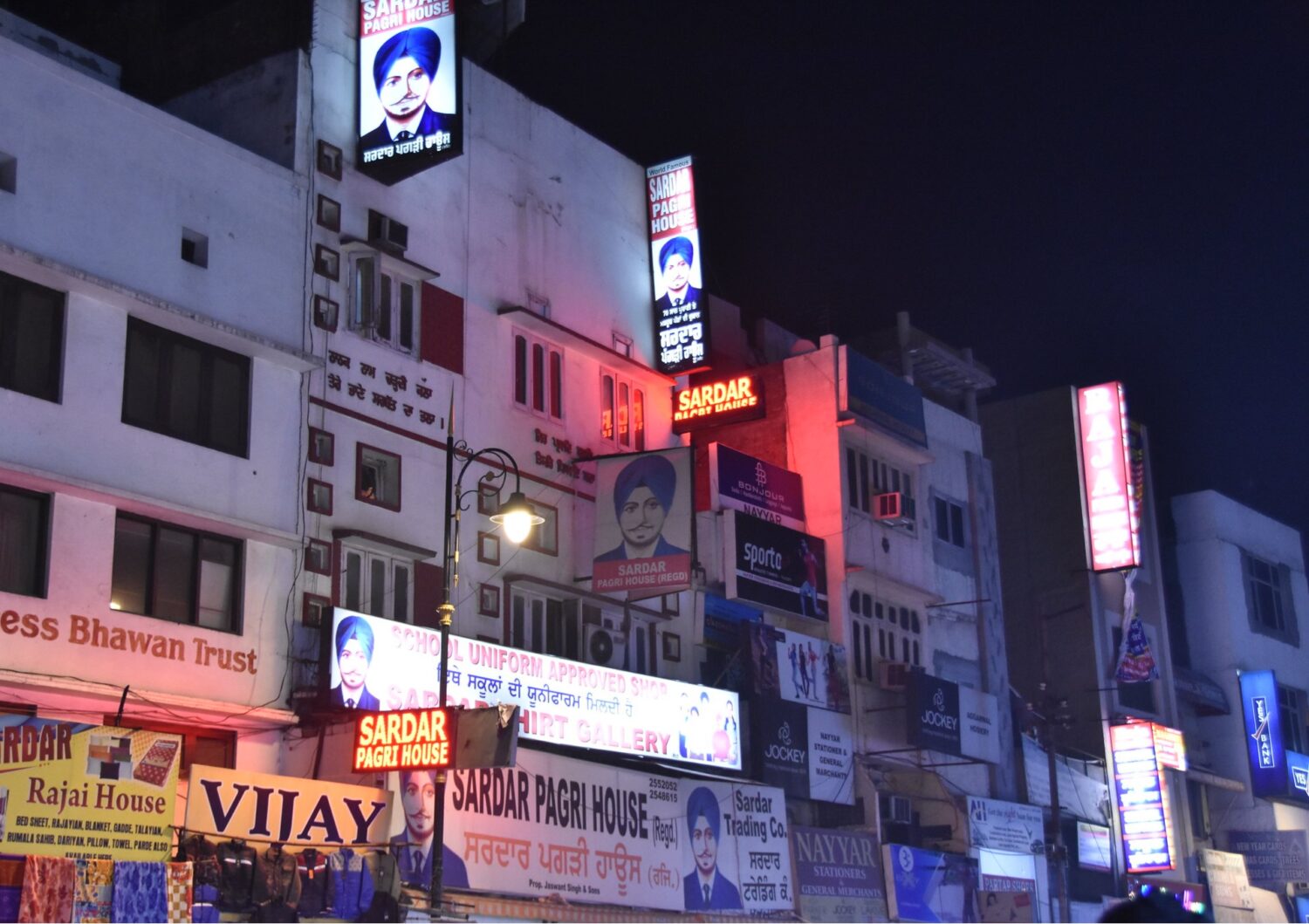Grasping the nettle
We can't ignore people's worries about immigration -- we must confront them head-on, writes Kamal Preet Kaur
Growing up in India, my first encounter with Britain wasn’t through politics or policy papers – it was through the pages of Enid Blyton’s novels. Those midnight feasts at Malory Towers and adventures with the Famous Five shaped my earliest understanding of British culture. Later, I immersed myself in Victorian literature, from the windswept moors of Wuthering Heights to the poverty-stricken children in Charles Dickens’ novels pleading: “please Sir – I want some more”. A technicolour image of Britain had already been embedded deep in my subconscious long before I set foot on these shores.
When I arrived at Queen Mary and Westfield College, London, for my MA in film and communication, I carried these literary ghosts with me. I even found my own Mr Darcy, and turned what was meant to be a temporary academic sojourn into a permanent home.
My journey – from India to the UK, reader to resident, and media person to Labour councillor – has given me a distinctive voice in championing diverse needs within our local democracy. At no point did I think – given my personal trials and tribulations as a woman of colour claiming her space in a foreign land – that calls to rethink immigration policies in our country would resonate with me in the way they have.
Yet Britain has changed dramatically since I arrived – and the truth is that change can be alarming, wherever it happens. We should acknowledge this simple, psychological fact, and appreciate that those British people who currently feel disoriented are hardly unique. Much the same story is playing out in many parts of our globalised world, including my childhood home of Punjab.
Every time I visit Punjab, India, it feels different; distant, somehow. The pace at which it continues to change, visibly and otherwise, is disconcerting. People living there have genuine concerns and fears around their changing society in terms of demographics, culture, language, and land. They link these changes to increasing crime rates, worsening pollution and expanding slums.
These concerns become avenues for political point-scoring during election periods in Punjab. With successive governments having brushed concerns about migration under the carpet, issues around migration have now come to the fore, with populist candidates joining the fray and finding fertile ground in an electorate which feels alienated, disgruntled and detached.
We seem to be reaching a similar point in Britain. The violent unrest this summer left me restless and upset for days on end. Was everyone taking part in the unrest a racist and bigot? I believe not. Can all fears and concerns around immigration be termed xenophobic? I believe not. But once the conversation turns violent, subtleties can be lost. Who is going to make the case that, without immigration, we would simply have different pressures and tensions – perhaps worse ones – given our aging population and shrinking native workforce?
Do we have the courage to find answers? Or the political will to listen to the legitimate concerns of British people? When Punjabis say their voices are not heard in Punjab, I can relate to them. And by the same measure, I feel I can relate to all those Britons who feel “othered” in their own country.
So, what would an honest political leadership on immigration look like? For me, it would mean acknowledging that concerns about rapid demographic change don’t automatically stem from racism. Some concerns are valid. It’s our responsibility to provide people answers by working together with them to find viable solutions.
Our need for migrant labour is not likely to abate any time soon. As a result, we need honest political leadership that acknowledges challenges while offering practical solutions. Politicians must move beyond arbitrary targets and headline-grabbing policies to address practical challenges. This means implementing local integration strategies, ensuring public services expand to meet growing populations, and creating forums where established residents and newcomers can voice concerns without fear of being labelled as either racist or ungrateful.
As a migrant myself, I believe diversity strengthens communities. But without a concerted effort to address genuine concerns, we risk deepening divides that the far right are all too eager to exploit. The task ahead is not to stop immigration, but to skilfully manage its pace and impact – a challenge that requires nuanced policymaking, not knee-jerk reactions.
Above all, there needs to be a conscious shift in the narrative around immigration and migrant communities, the shift from “tolerance” to “acceptance and beyond”. The future of our communities, and the health of our democracies, depends on political leaders willing to put aside short-term posturing and have the difficult conversations that so many residents, whether in Punjab or Britain, are urgently seeking. Only then can we build the integrated, inclusive societies that reflect the best of our shared values.
Image credit: Shankar S via Flickr

